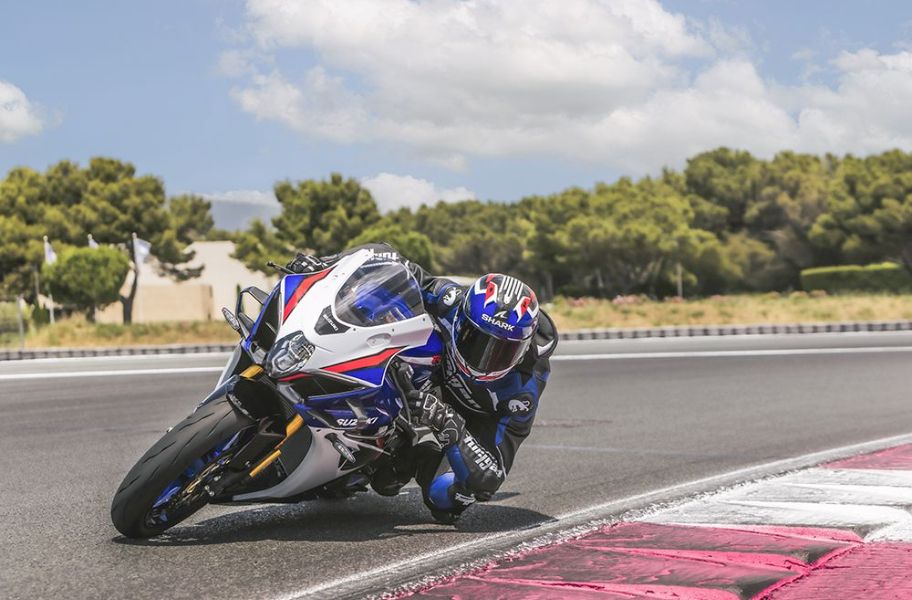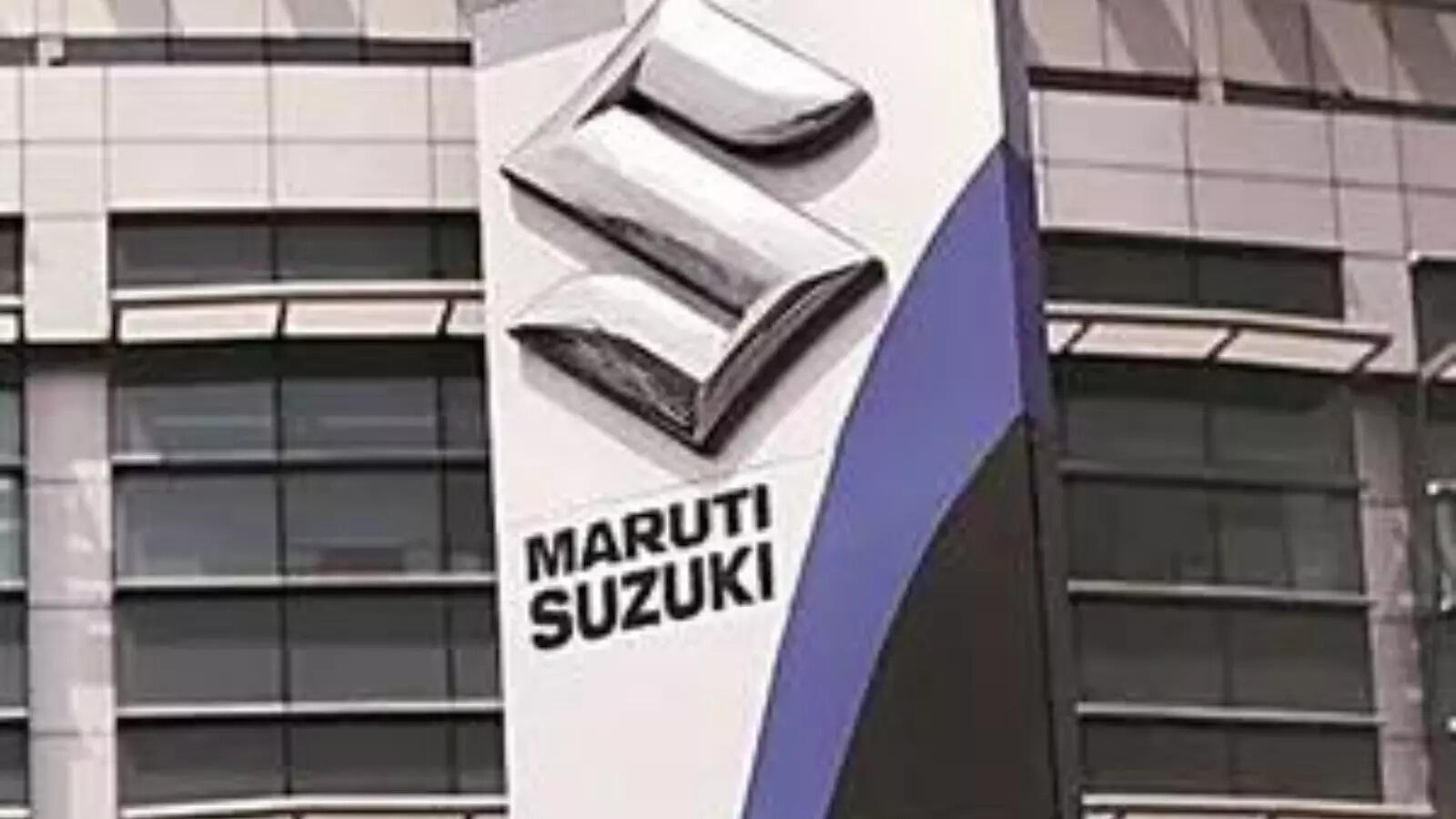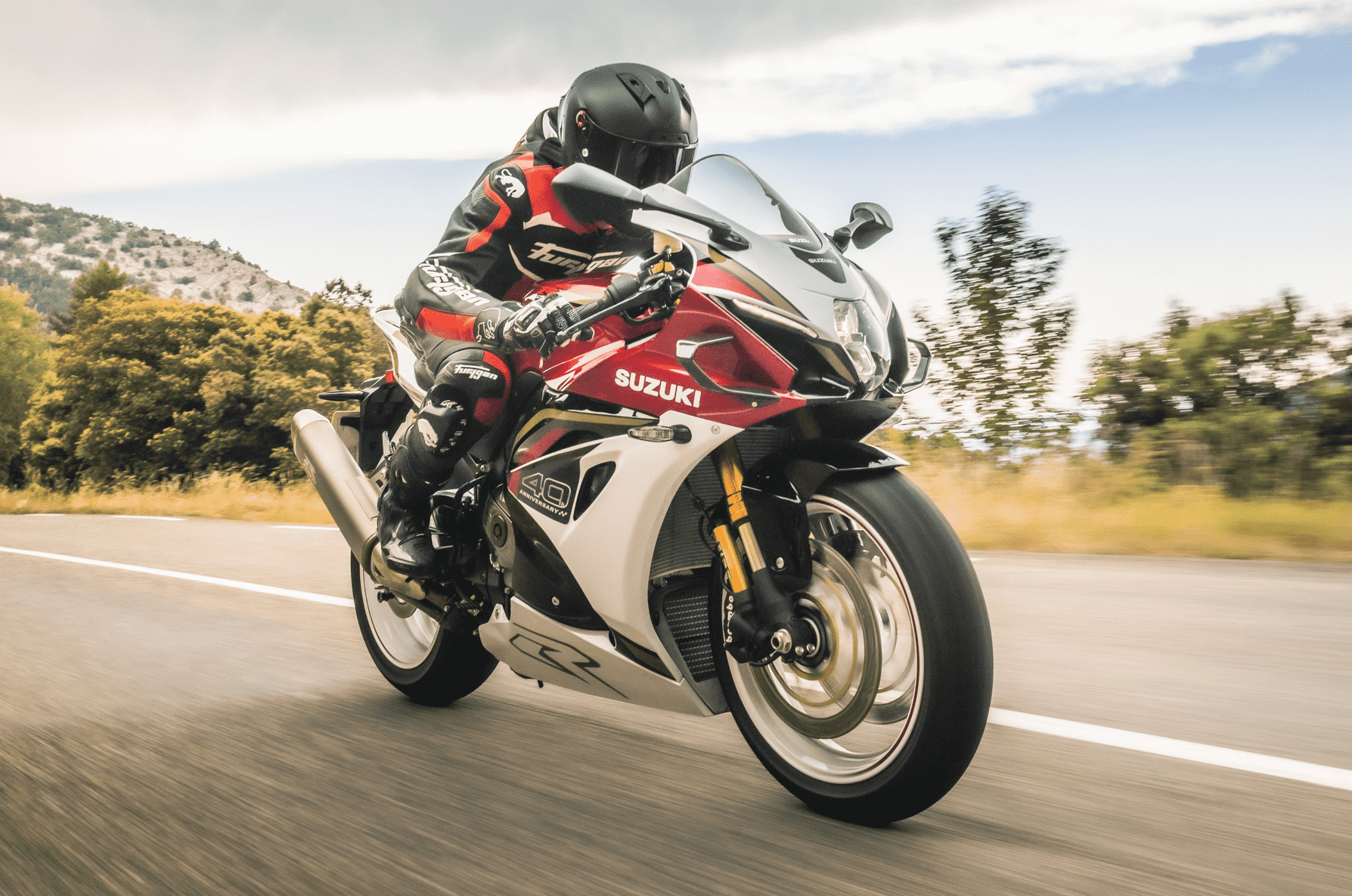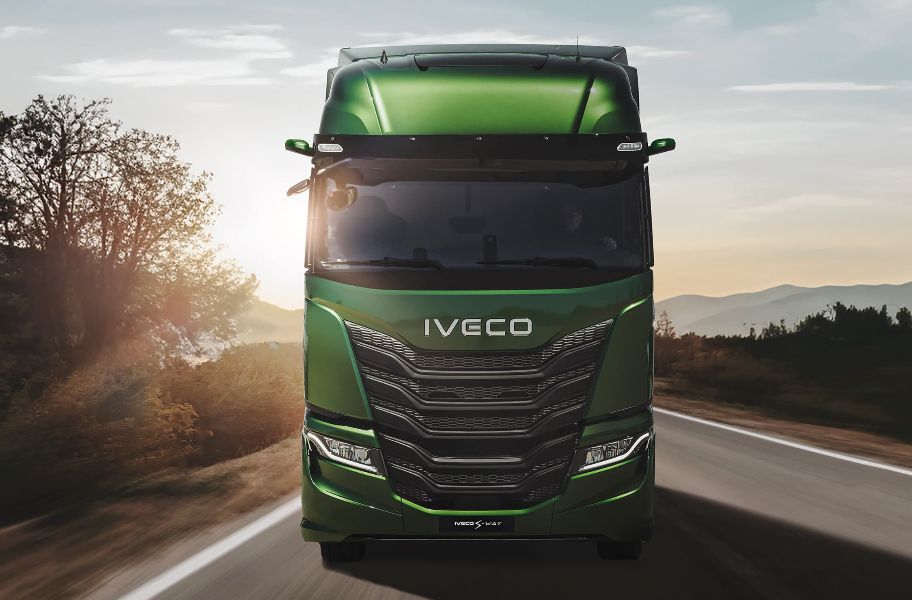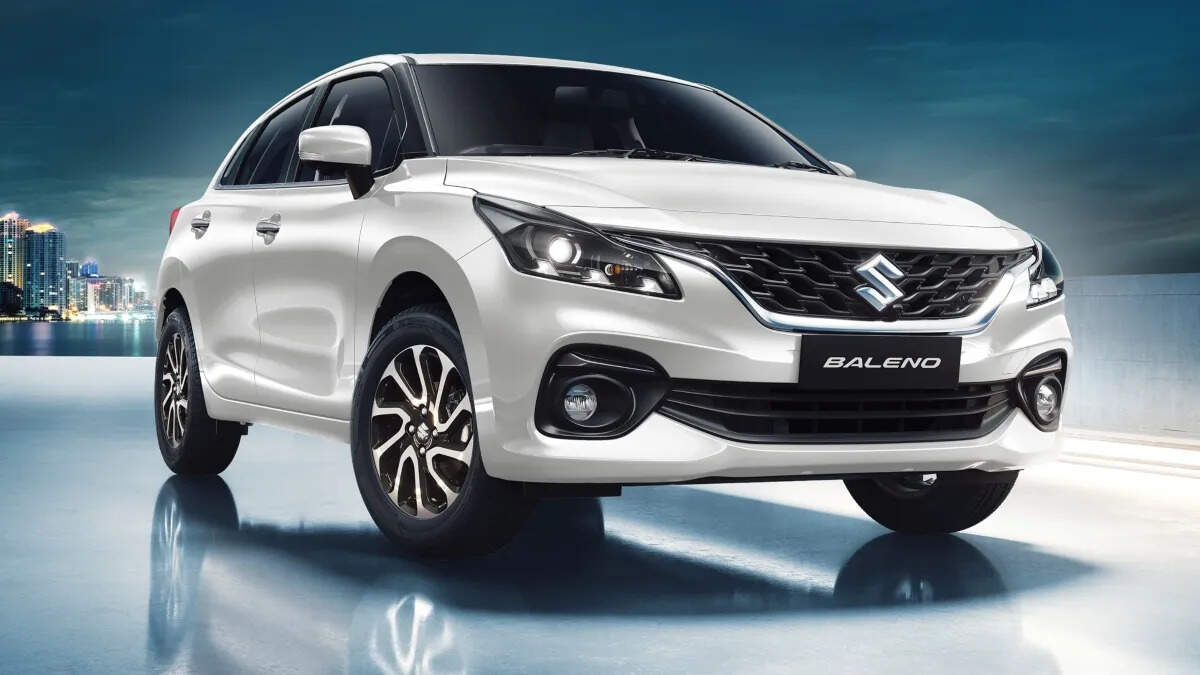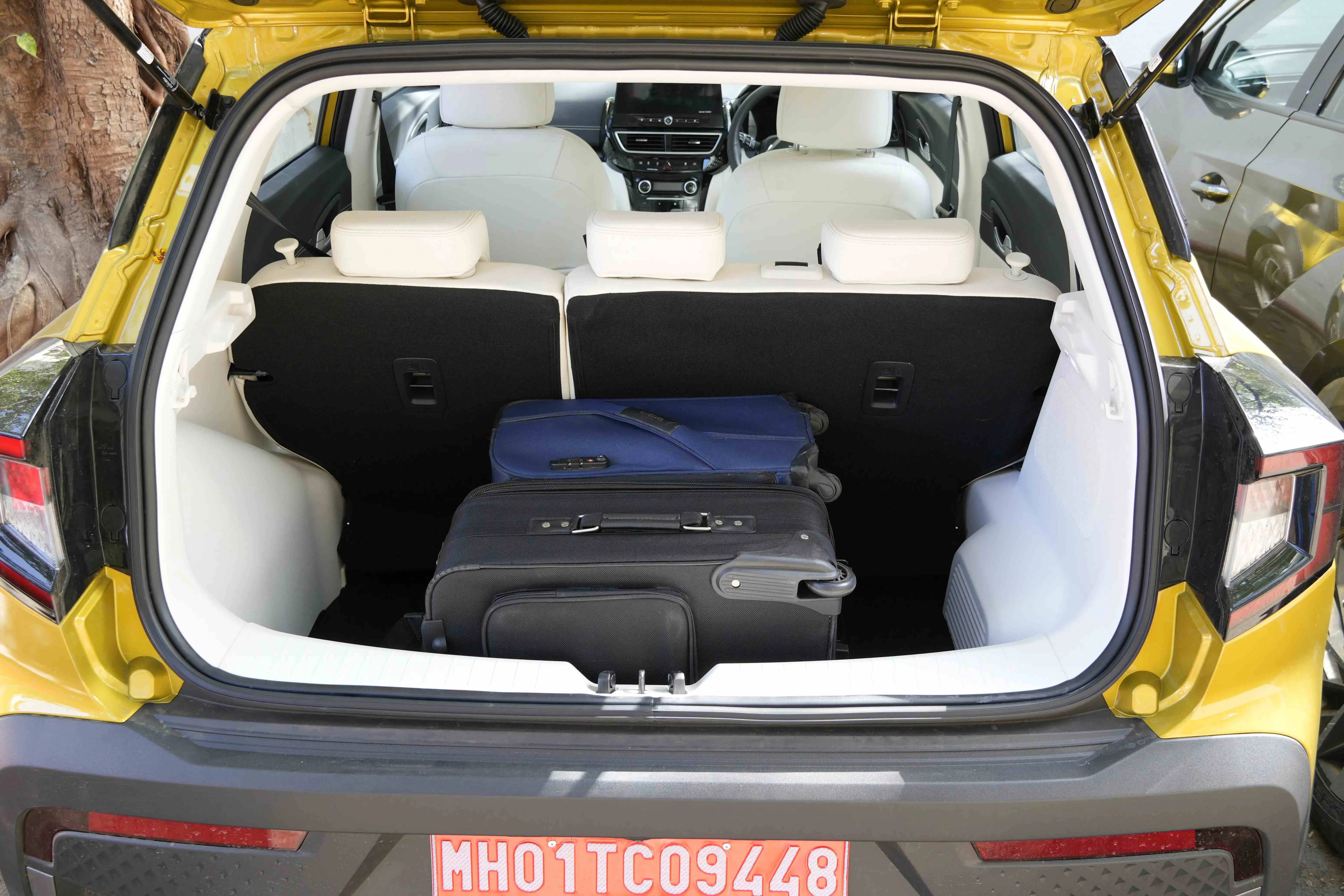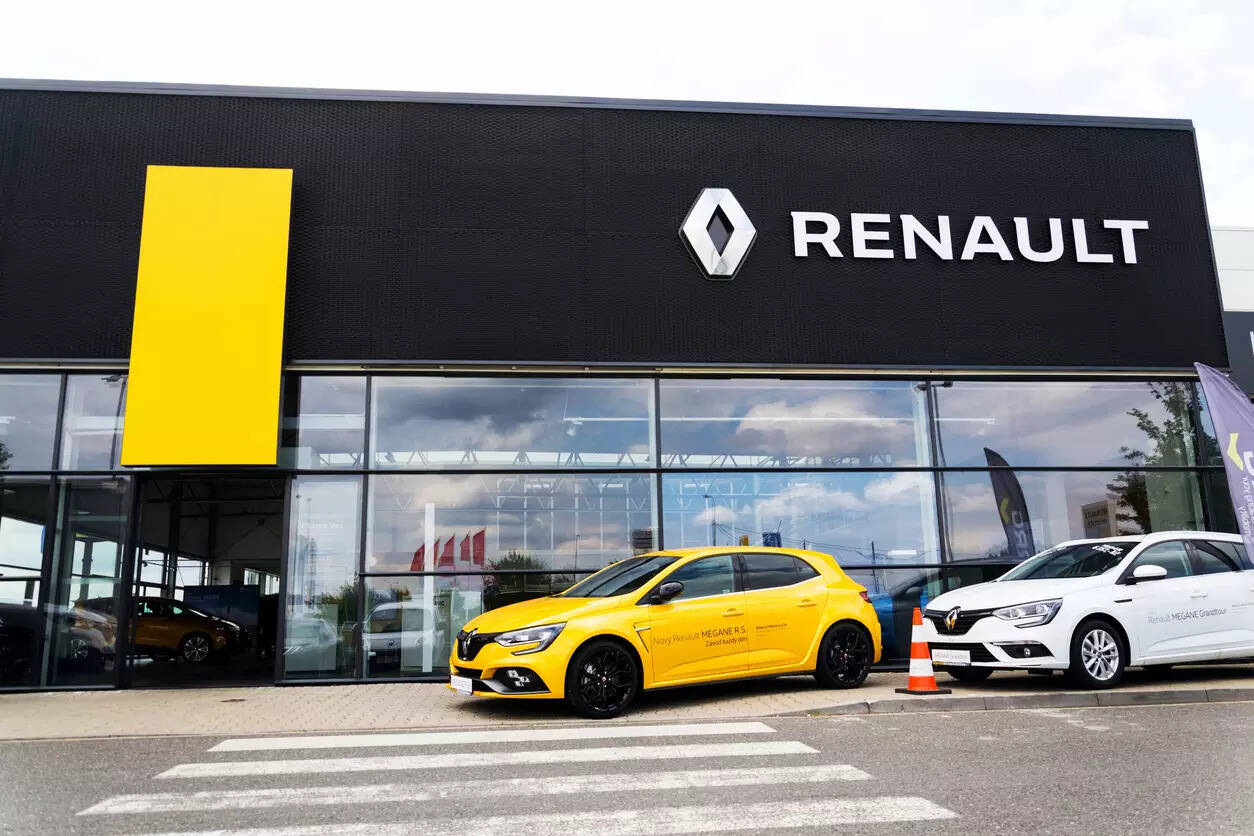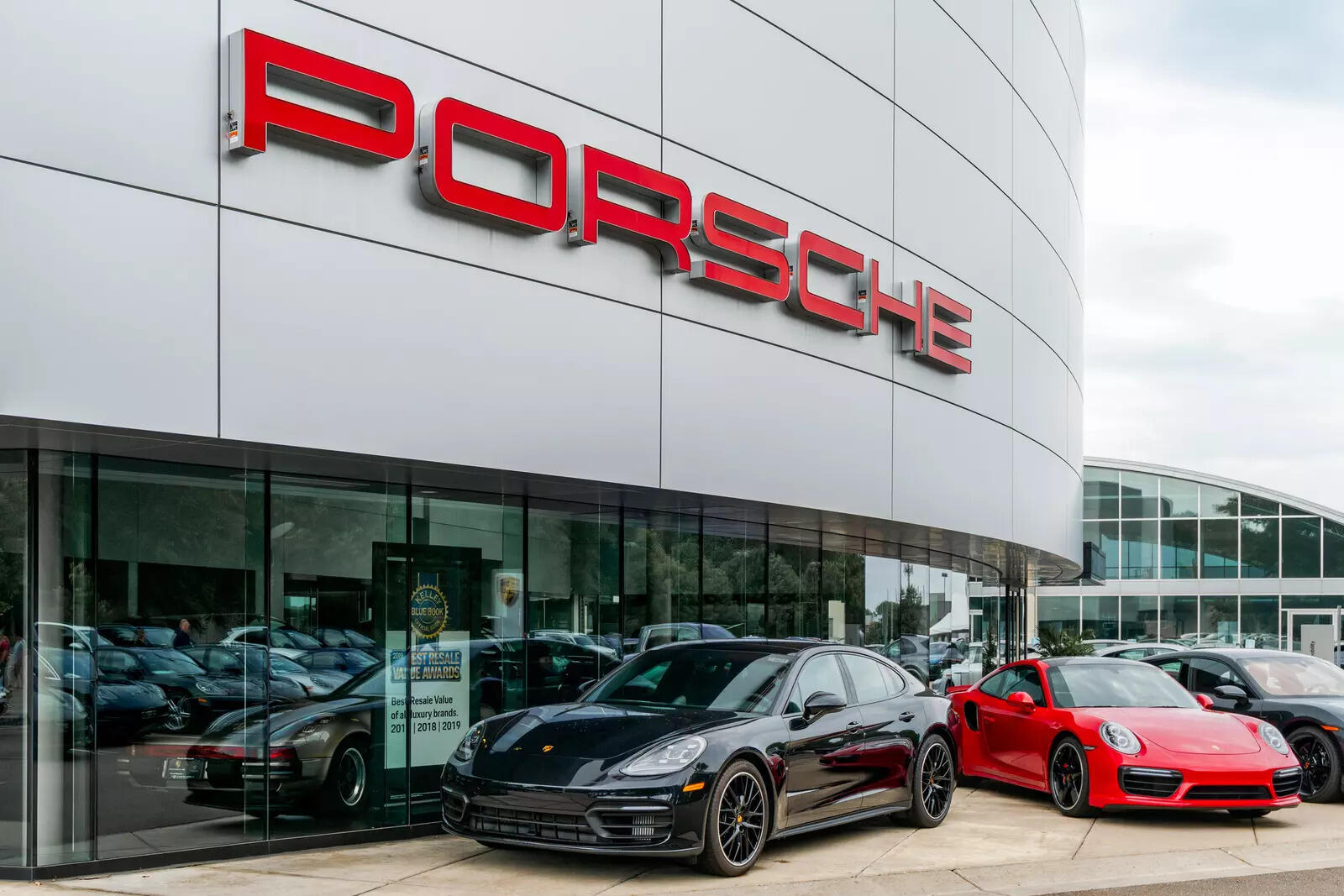 Porsche cut its full-year profit target after a €400 mn tariff hit in H1 following the EU-US trade deal.
Porsche cut its full-year profit target after a €400 mn tariff hit in H1 following the EU-US trade deal.Volkswagen’s embattled luxury brand Porsche cut its full-year profitability target on Wednesday after the EU’s trade deal with U.S. President Donald Trump and reported a 400-million-euro ($462 million) hit from tariffs in the first half.
The burden of tariffs on car imports to the United States only added to Porsche’s woes, as it undergoes a costly restructuring while facing weakness in its key market China and a sluggish transition to electric cars.
“We continue to face significant challenges around the world. And this is not a storm that will pass,” Porsche CEO Oliver Blume said.
Taking into account the newly agreed tariff of 15 per cent from August 1, the German carmaker expects group sales this year in the range of 37 to 38 billion euros, in line with its previous forecast, and a return on sales of between 5 and 7 per cent, down from a previously expected 6.5-8.5 per cent range.
Countermeasures such as price adjustments are included in that outlook as Porsche seeks to mitigate the damage, the company said. Group figures released last week showed Porsche’s operating profit collapsing by 91 per cent year on year in the second quarter, to 154 million euros.
In February, Porsche announced an additional 1,900 job cuts over the next four years but said it cannot announce any forced redundancies under a location safeguarding agreement valid until 2030.
On Wednesday, Porsche said its management was “resolutely pushing ahead with extensive measures to rescale and recalibrate the company”, with negotiations with employee representatives to begin in the second half of the year.
In the first half, Porsche booked special expenses for the company’s realignment of around 200 million euros and around 500 million euros for battery activities.




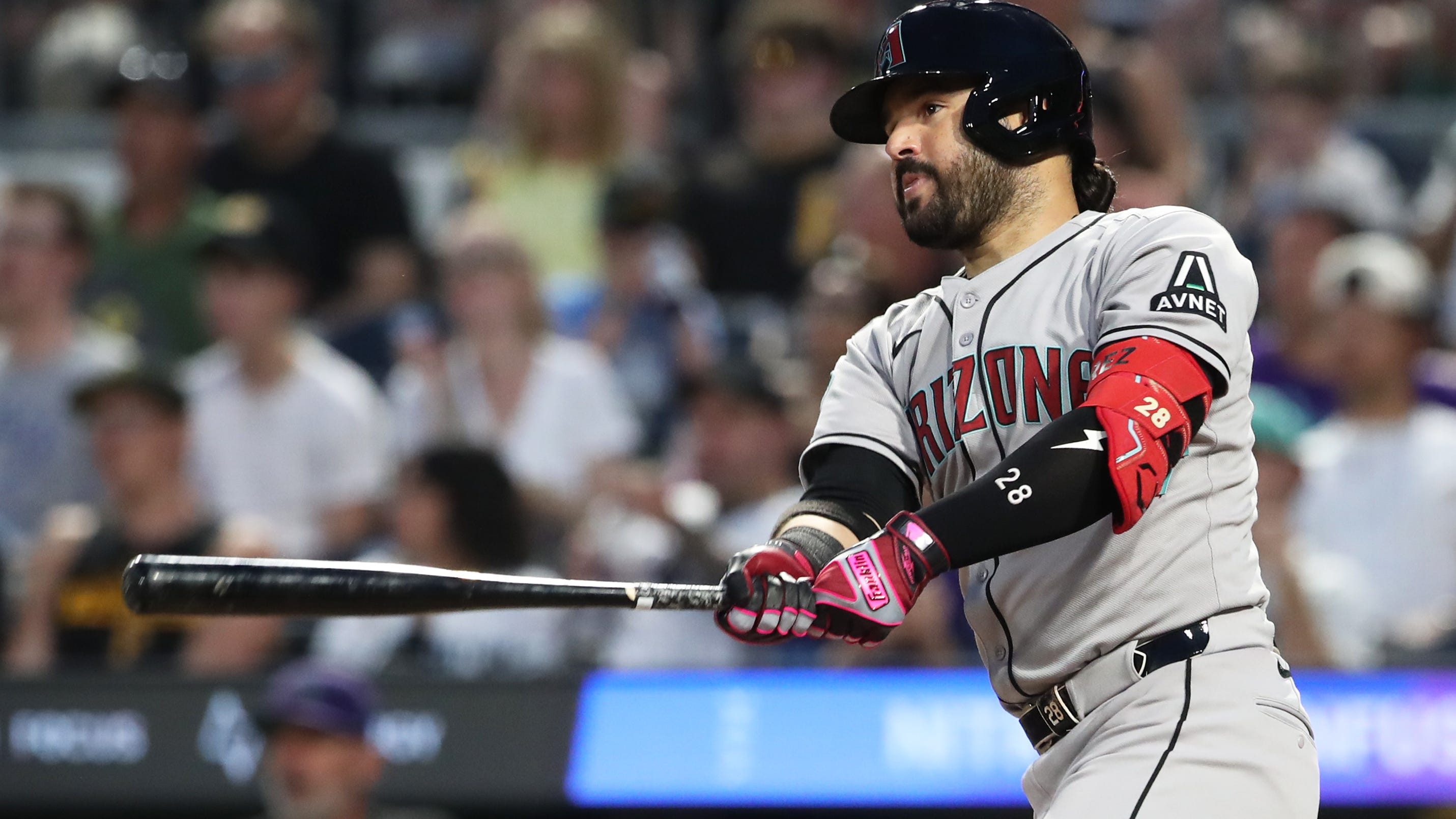



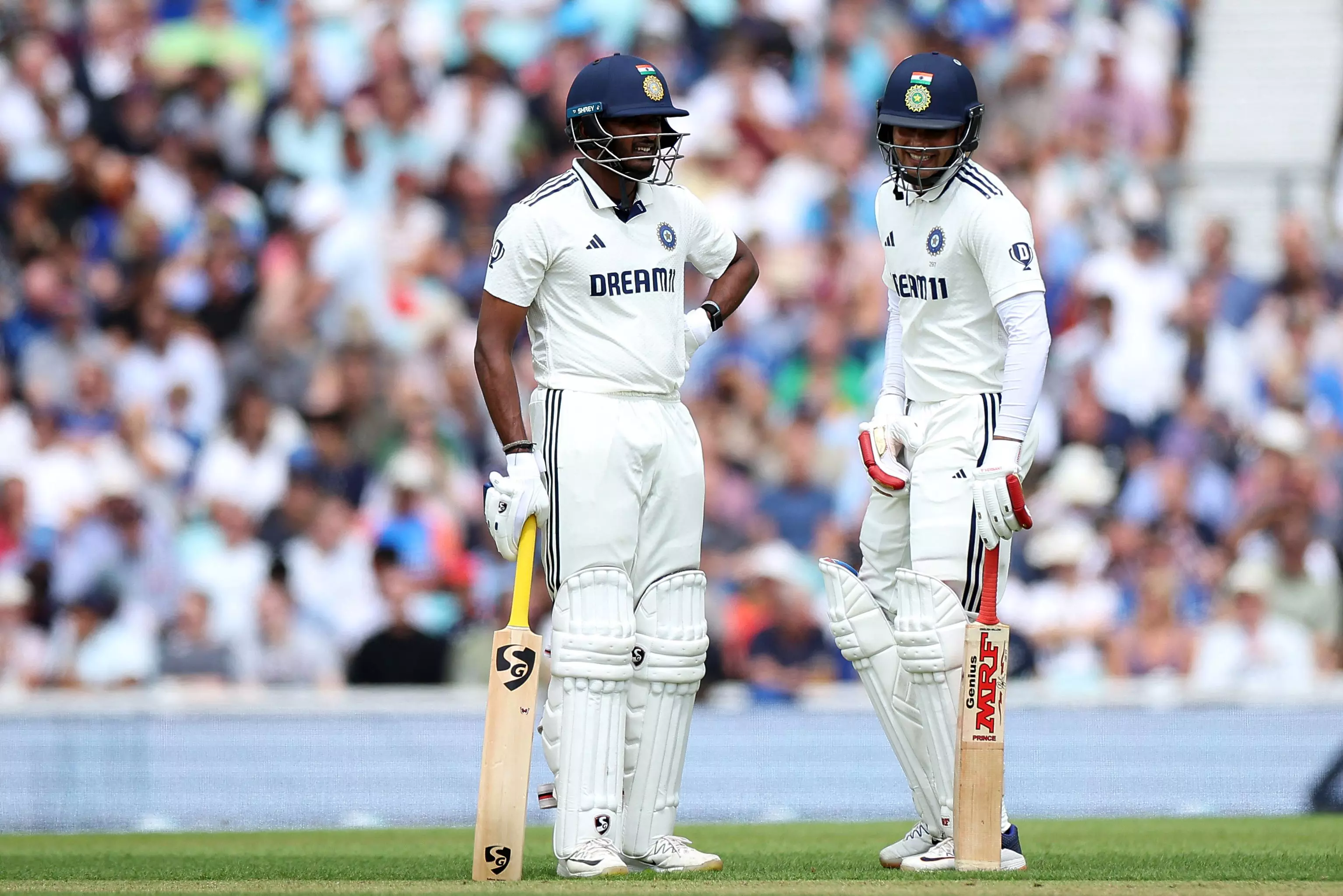

.jpg?w=700&c=0)
